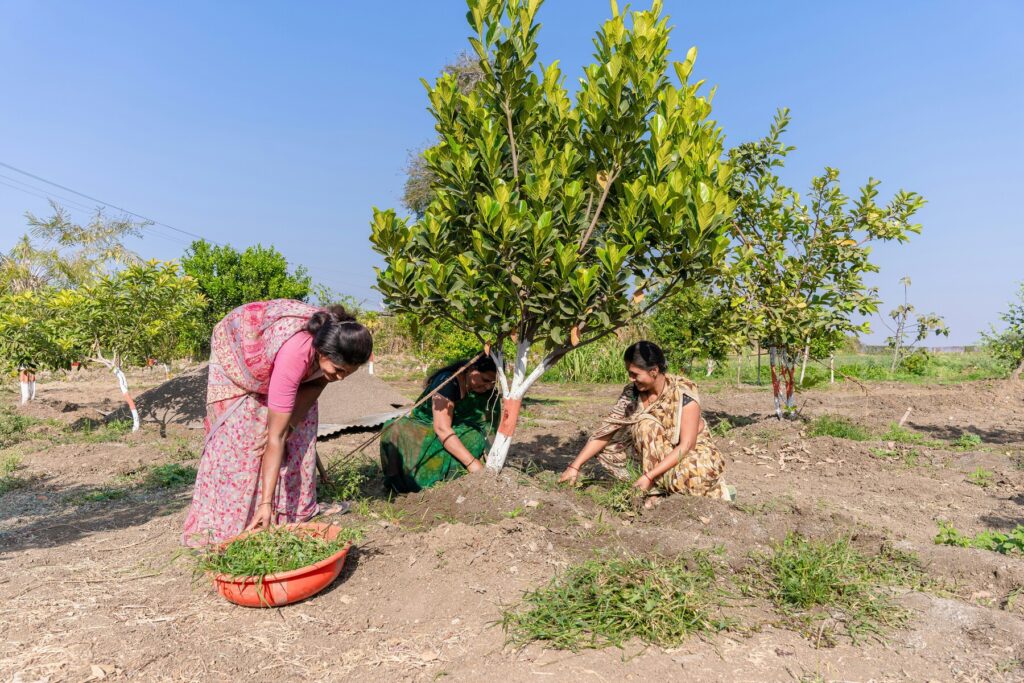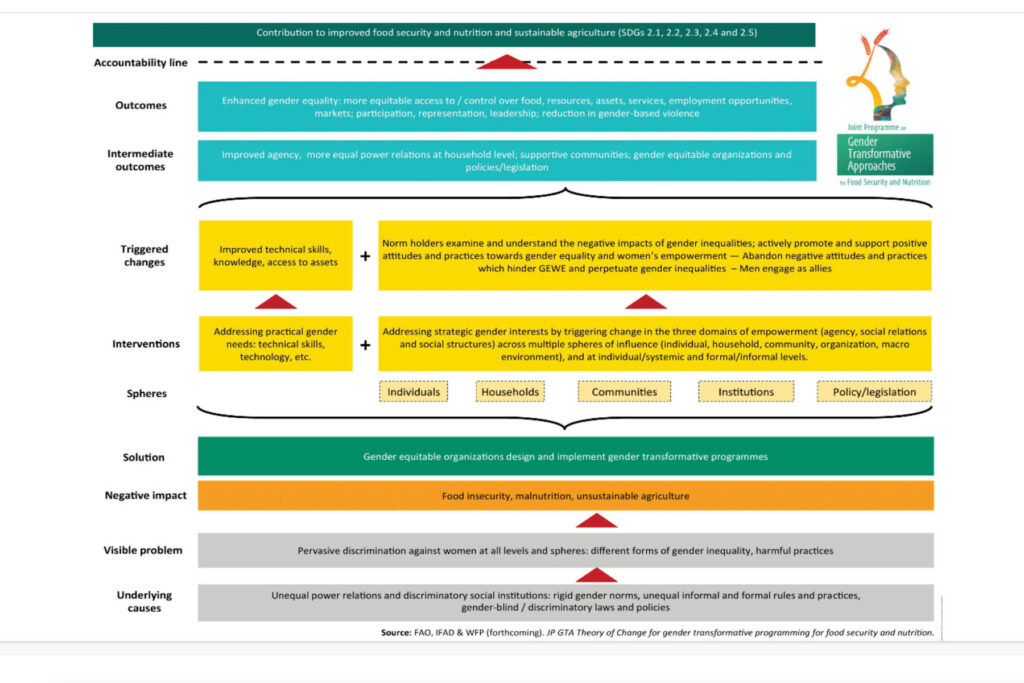On the 14th of February, SIANI together with the Food and Agriculture Organization (FAO), Sida, and the Government Offices of Sweden conducted a webinar on gender equality in the context of food security. This webinar highlighted the gender disparities that still exist within the agriculture and rural development sector, as well as ways to tackle these issues effectively.
Dan Ericsson, State Secretary to the Minister for Rural Affairs in Sweden and Chair of the Swedish FAO Committee welcomed the participants and delved into the contextual background of the webinar as well as his involvement with the report and guidelines. He emphasizes the critical nature of the webinar, stressing that if current trends persist, it could worsen issues such as food insecurity and gender inequality. Hence, the importance of conducting this webinar is to spread information and knowledge on the subject. Dan Ericsson mentions:
“Women’s and girls’ freedom to decide over their own lives is not only a goal in itself, but also a means for a positive development in society in a whole.”
Employment disparities in the agri-food sector
Following, Lauren Philips, Deputy Director for Inclusive Rural Transformation and Gender Equality at FAO and co-author of the FAO report “The Status of Women in Agrifood Systems”, Lauren shed light on some key findings regarding employment in the agri-food sector from the report. The report shows that women and men are employed in this sector, and that serves as an important source of employment for women in low- and middle-income countries. The report further highlights the importance which lies in working under gender-equal conditions, to ensure that women and girls are justly treated and paid. Unfortunately, today, this is not the case as there are still gaps in productivity, wages, and resource access, where females bear the biggest burden.
Tanja Grén, Permanent Representative of Finland to FAO, World Food Programme (WFP), and the International Fund for Agricultural Development (IFAD), shared a “behind the scenes” perspective of bringing together the CFS (Committee on World Food Security) “Voluntary Guidelines on Gender Equality and Women’s and Girls’ Empowerment in the Context of Food Security and Nutrition”. Tanja was one of the co-chairs of the preparation and negotiation of the process of the voluntary gender guidelines, which started in October 2019. The core objective of the Voluntary Guidelines is to support member states and other stakeholders to advance gender equality and women’s and girls’ rights and empowerment in the context of food security and nutrition. The guidelines also provide concrete policy guidance for member states and relevant stakeholders, for the ability to share best practices and lessons learned.
Continuing, Rebecka Ramstedt, Policy Officer at the Permanent Representation of Sweden to FAO, WFP, and IFAD, further described the dimensions of the Voluntary Guidelines and discussed the extensive and complex process, which took four years from the initial negotiation. The CFS guidelines were endorsed at the CFS51 in October 2023. She highlighted that even though the process was inclusive and extensive ”the guidelines are not perfect, but a step in the right direction (“no step back”). Moving onward will include uptake and the implementation.”
Geovanny Enriquez, Joint Programme on Gender Transformative Approaches (JP GTA) National Program Coordinator at FAO, presented on the promotion of gender transformative approaches through a case study in Ecuador. Through the identification of local underlying causes of gender inequality and discriminatory gender-based social norms in the agri-food sector, the project was able to define suitable interventions for specific needs at the household-, community-, organizational, and policy levels.

